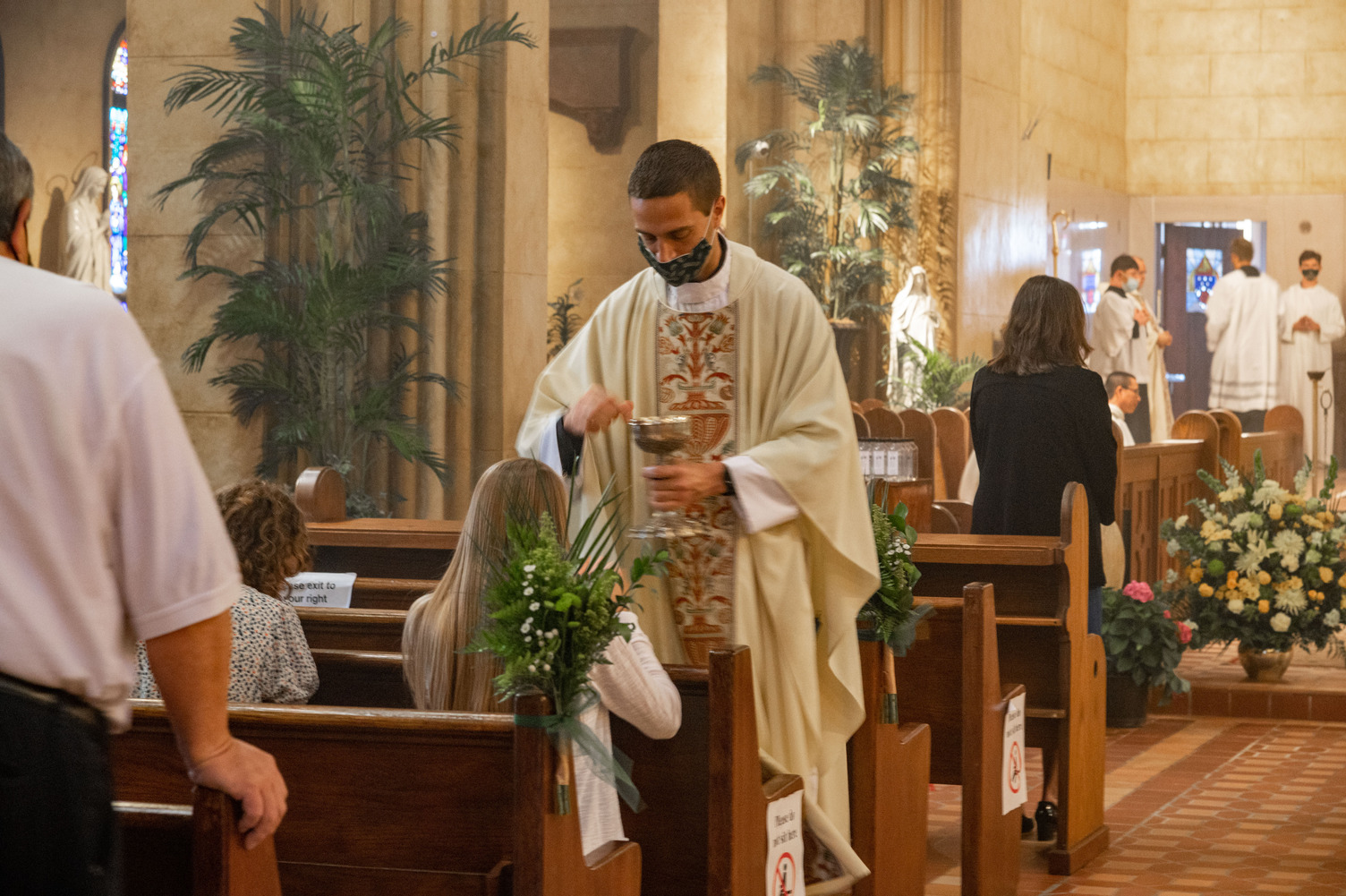A strong majority of Generation Z and Millennials who say they have made a personal commitment to Christ do not attend church in person or online at least once a month, according to a new study.
The August edition of the “State of the Bible: USA 2022” report from the American Bible Society finds that 40% of Generation Z adults ages 18 and over attend church “primarily online.” They were followed closely by 36% of churchgoers ages 77 and up.
However, the report suggests that among Gen Z and Millennials who have made a meaningful commitment to Jesus, about 66% do not attend church either in person or online at least once a month.
The study produced 2,598 responses from a representative sample of adults 18 and older within all 50 states and the District of Columbia collected from January 10-28, 2022.
Gen Z is defined as those ages 10 to 25 in 2021, while Millennials were defined as ages 26 to 41 in 2021.
While more than half (54%) of all adults up to age 57 said they have “made a personal commitment to Jesus Christ that is still important in your life today,” fewer than a third of those in the three youngest generations who have made that commitment are “practicing” Christians.
“This should challenge every Christian and ministry leader to intentionally cultivate relationships with their younger neighbors, who are often seeking security and hope amidst ever-increasing anxiety,” said John Farquhar Plake, director of ministry intelligence for the American Bible Society. “It’s our prayer that every generation is able to meaningfully connect with the Word of God, engaging with it as a way of life and actively living out their faith in community.”
Practicing Christians were defined as those who identify as Protestants or Catholics, consider their faith very important to them and attend religious services at least once a month.
Non-practicing Christians identify as Christians but fall short in at least one of those other areas, the importance of faith or church attendance.
Sixty-one percent of non-practicing Gen Z Christians say they have made a personal commitment to Christ, while 57% of their Millennial counterparts say the same. Only 28% of Gen Z respondents said they attend church at least once a month, while 22% of Millenials said the same.
Only 13% of Gen Z and 12% of Millennial respondents were considered “Scripture Engaged.” Gen X (75%) is the most Scripture-engaged generation among Practicing Christians.
According to the survey, those considered “non-practicing Christians” are far more likely than “practicing Christians” to attend services online.
While practicing Christians prefer in-person services, non-practicing Christians are about as likely to attend online as in person.
According to the survey’s definitions of “practicing” versus “non-practicing” Christians, nearly half of all American adults (46%) fall into the non-practicing category.







